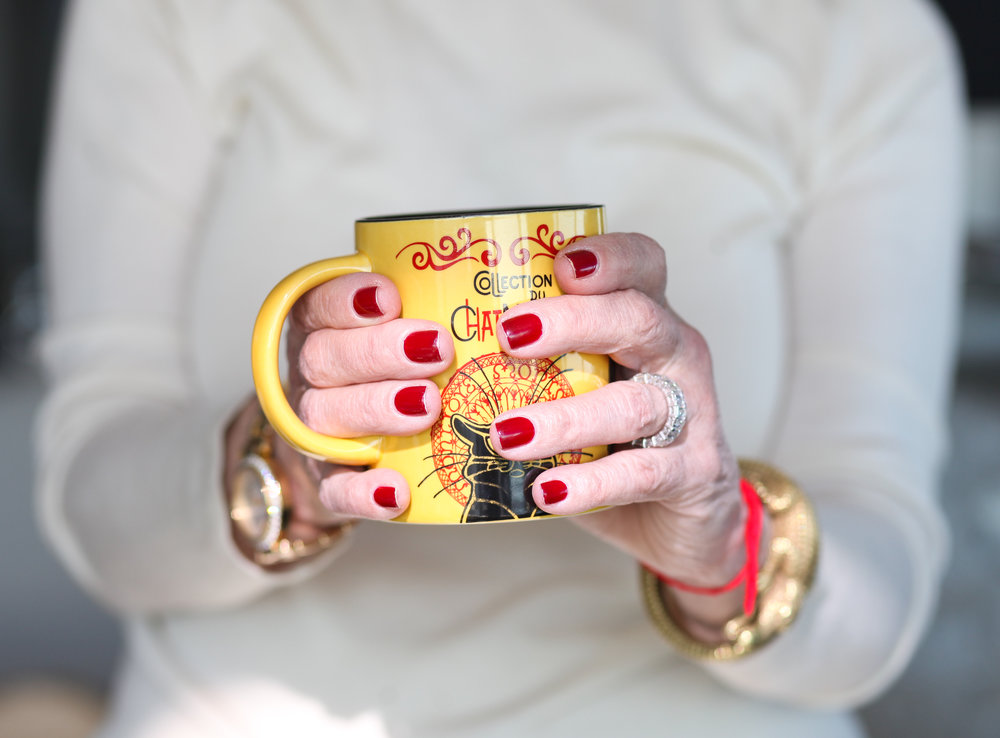
Today, at sundown, is the start of my judgment day. Not me alone, but all of the members of my faith community of Judaism. Tonight is Rosh Hashanah (Jewish holidays start at sundown rather than daybreak), which most people think of as a celebration of the New Year.
In fact, Rosh Hashanah, literally translated, means “the head of the year” and is timed to coincide with the day God created Adam and Eve. So for modern Jews, it has come to mean simply our New Year. But this term is somewhat misleading, for there is no similarity between the Jewish New Year and the secular New Year we celebrate on December 31st.
Yes, we celebrate the start of a new year, but Rosh Hashanah is actually the start of a 10-day period that Jews call the Days of Awe. This period culminates with another holiday, Yom Kippur, which is known as the Day of Atonement in my faith. And the 10-day period we start at Rosh Hashanah is a period of introspection for Jews around the world to consider their sins of the previous year so they are ready to repent on Yom Kippur.
It is easiest to understand this concept from this passage from one of the most significant and moving prayers we say on this day: “all inhabitants of the world pass before God like a flock of sheep,” and it is decreed in the heavenly court “who shall live, and who shall die … who shall be impoverished and who shall be enriched; who shall fall and who shall rise.”
And so we are judged, and God decides what will happen to us in the coming year.
Family and forgiveness
Of course, this sounds harsh, and it also calls into question another important notion for our faith—the concept of free will. But that is for a very philosophical discussion, and today what I want to talk about is much more simple and universal: family and forgiveness.
My regular readers know that my husband, Sheldon Good, and I have a blended family that includes seven children and 24 grandchildren. In a family this large, it is safe to say just one thing: you can’t please all the people (or shall I say children and grandchildren) all the time.
For me, Rosh Hashanah and the 10 Days of Awe until Yom Kippur is about taking into account my personal misgivings and forgiving others for theirs. And dear readers, this is not always easy to do. But there is a powerful story, which I first heard as a very young woman, that has always helped me in my quest to make these important holidays meaningful, productive and relevant to my life.
What better way for me to pass my thoughts on but through a story? This story is for all ages and faiths. And this is the perfect time to tell it to you, and I hope you will pass it on to your families at your own celebrations, regardless of your faith.
An Inter-Faith Story of Family and Forgiveness
A young man graduated from college. He asked his father for a car for graduation. Upon graduation his father handed him a small beautifully wrapped gift. The son opened his gift to find a Bible. Outraged, he left the gift at his father’s home, moved away and vowed that he would never speak to his father again.
Over the years his anger faded but false pride kept him from reconciling with his father.
One day he received a phone call that his father had died. The son was filled with regret and returned home for the funeral.
Looking through his father’s belongings he found the Bible. He opened it up and found a check, dated the day of his graduation, made out in the exact amount of the car he so desired.
This story is a parable, interpreted in many different ways.
The message I took away? Never hold a grudge when you deeply care or deeply love because by the time you are ready to forgive, it may be too late.
I am deeply spiritual, and tomorrow after services at my synagogue, I will walk to the shoreline of Lake Michigan with my husband Shelly and my pooch Orchid. And there, Shelly and I will cast breadcrumbs into the water as part of a ritual that goes with this holiday. It symbolically means, “to cast off my sins.” And I will also notice the red string around our wrists (both Shelly and I wear one) and hope we are guarded and protected over the next year.
The Hebrew greeting for the Jewish New Year is L’ shanah tova, which means “for a good year.” I believe that no matter our faith or the color of our skin we are all sisters. And so to all my dear readers of every faith, I wish you L’ shanah tova.

+ show Comments
- Hide Comments
add a comment